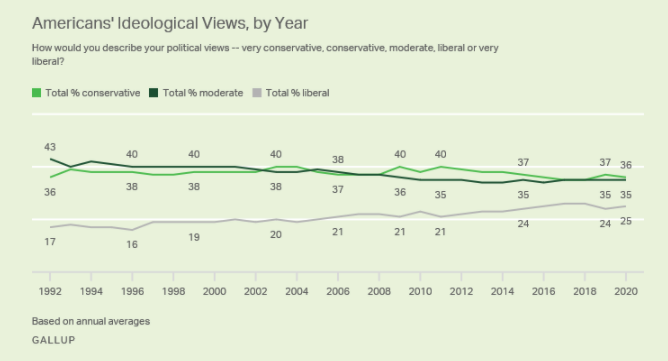
Amazing, wonderful, amazing news:
Building on the success of RNA-vaccines in the fight against Covid, scientists are now developing promising RNA-vaccines against malaria.
If they pan out, the current pandemic could, bizarrely, end up saving lives.
academictimes.com/first-vaccine-…
Building on the success of RNA-vaccines in the fight against Covid, scientists are now developing promising RNA-vaccines against malaria.
If they pan out, the current pandemic could, bizarrely, end up saving lives.
academictimes.com/first-vaccine-…
It should also make us ask very hard questions about why it took a giant pandemic hitting the developed world for us to give a new technology that could potentially save humanity from one of its worst endemic diseases a try...
Also, there are obviously still a lot of obstacles here. I do not in any way mean to suggest that this vaccine is a done deal.
But, oh man, would it be wonderful news for humanity.
But, oh man, would it be wonderful news for humanity.
Btw, a big portion of the deaths predicted from climate change in the IPPC report come from malaria, on the assumption that global warming would expand the habitat of the disease vector.
So this vaccine would be a VERY important tool in containing the effects of climate change.
So this vaccine would be a VERY important tool in containing the effects of climate change.
• • •
Missing some Tweet in this thread? You can try to
force a refresh








